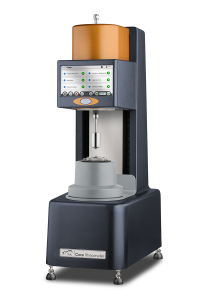Rheology is Maza: Unveiling the Secrets of Flowing Rangoli Colors
Powders are a big part of everyday life, from baking and laundry to cosmetics and pharmaceuticals. Understanding powder rheology—how powders flow and deform—is crucial for optimizing their use in various applications. This knowledge helps industries maintain consistency and product quality.










